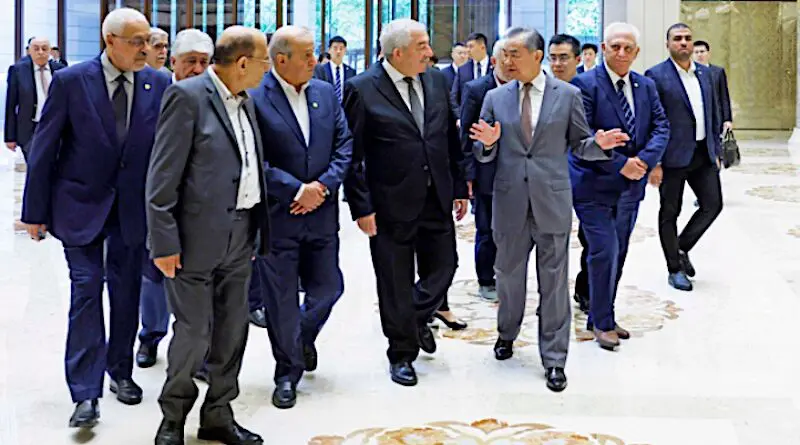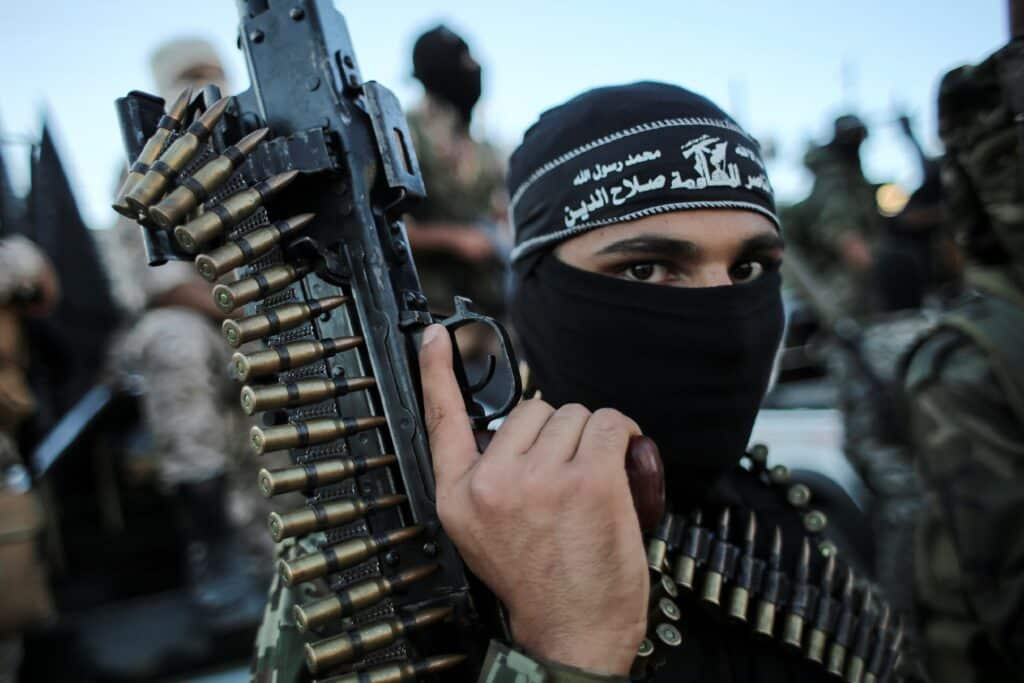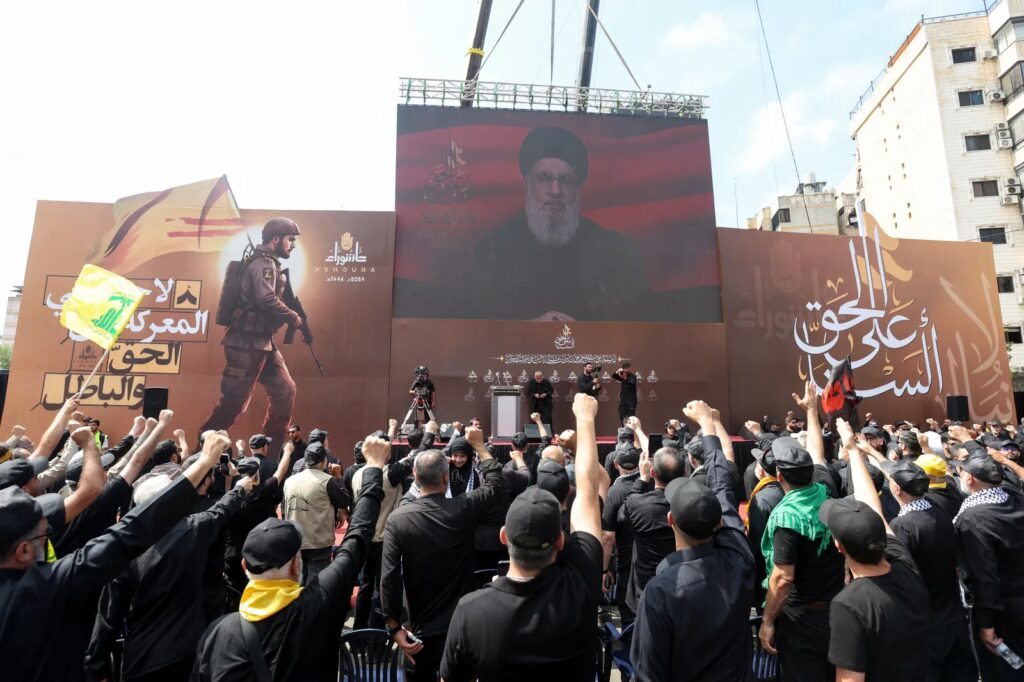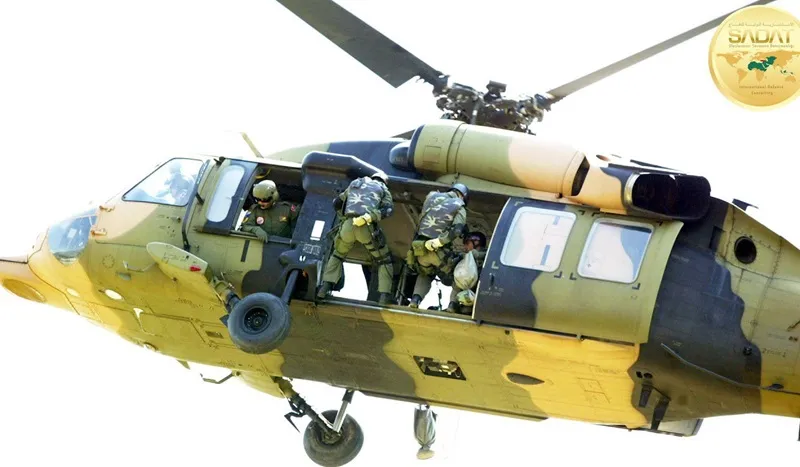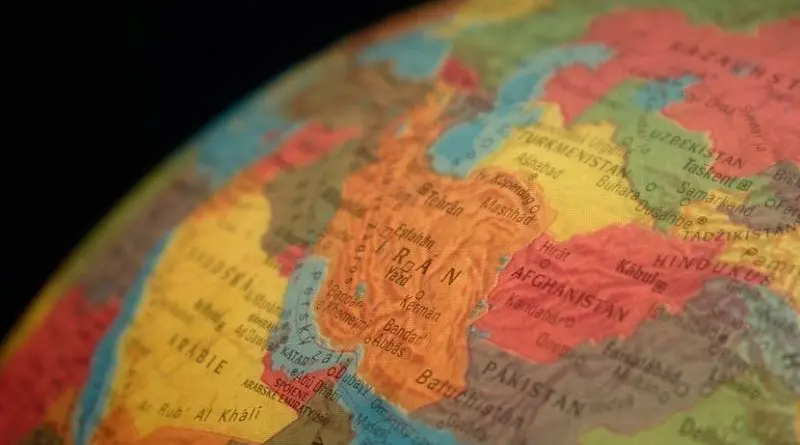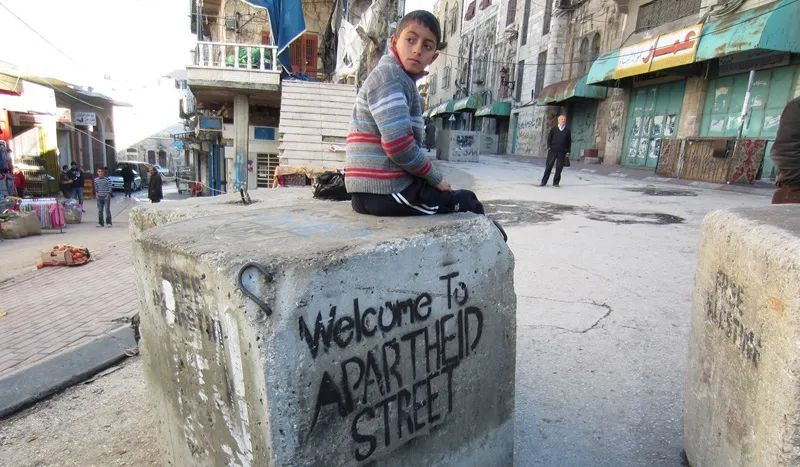Israel orders evacuation of Bureij, Nuseirat in Gaza, prepares for strikes in Lebanon
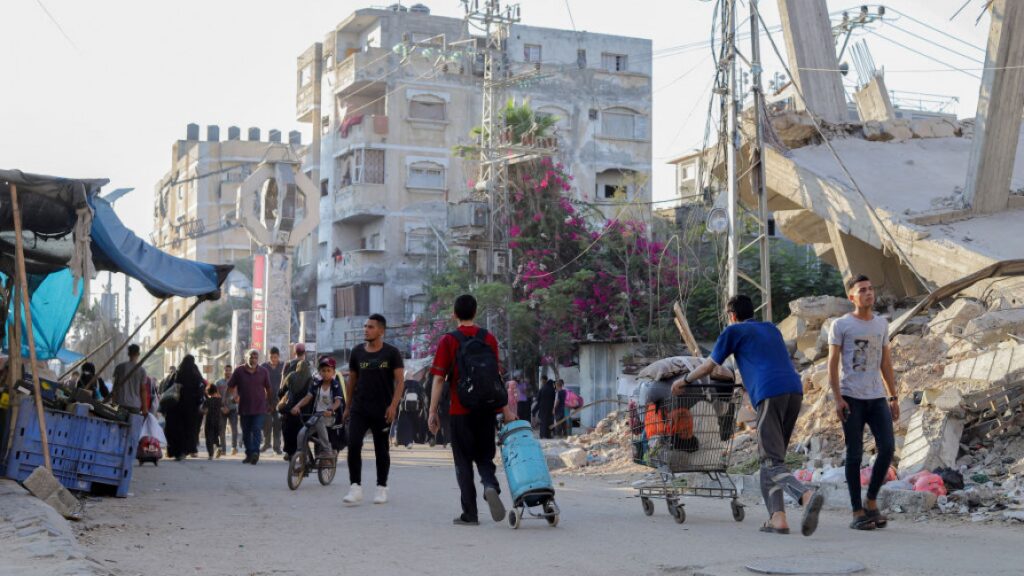
Israel’s war on Gaza has destroyed much of the enclaves housing and infrastructure, with UNRWA warning there are no safe areas in the enclave.
Israel’s evacuation orders of Bureij and Nuseirat in central Gaza have sent tens of thousands of Palestinian residents fleeing to safe areas of the enclave.

